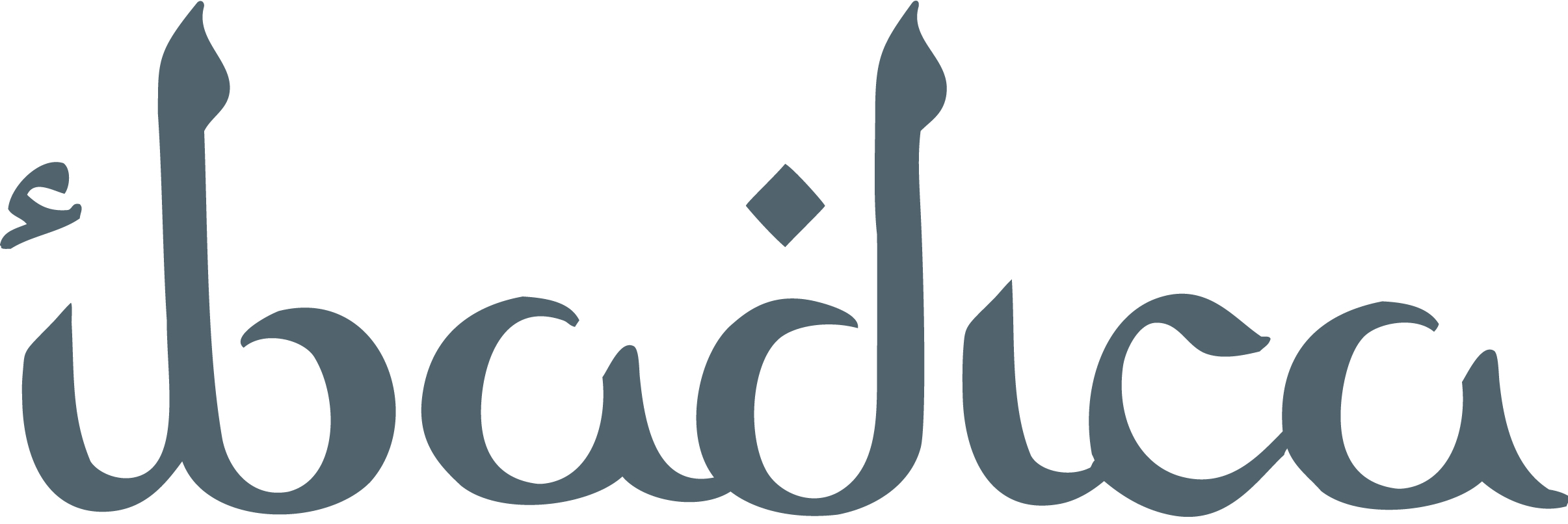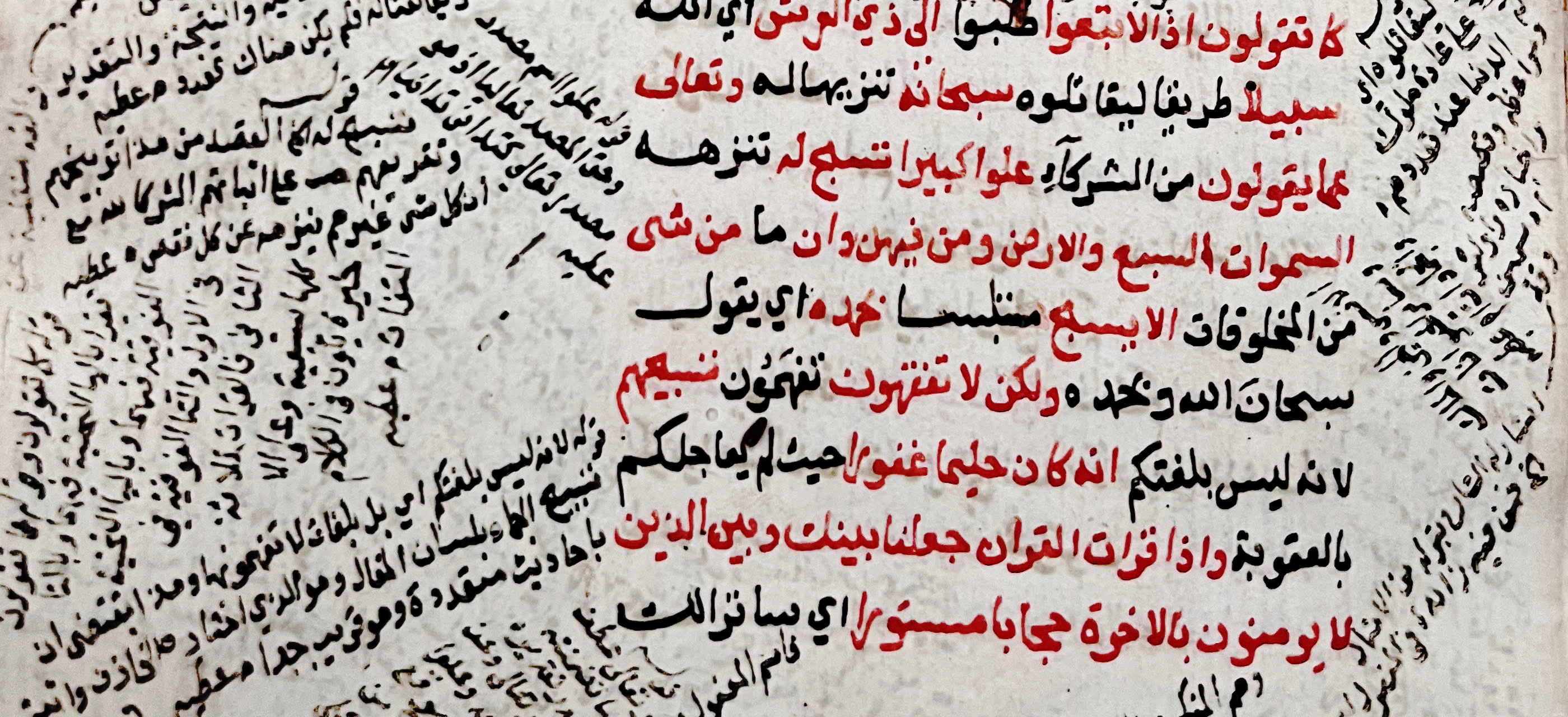Forging Historical and Diplomatic Ties in the Islamic West: The Letter of a Berber Emir to the Umayyad Caliph, 317 AH (929 CE)
Contenu
- Titre
- Forging Historical and Diplomatic Ties in the Islamic West: The Letter of a Berber Emir to the Umayyad Caliph, 317 AH (929 CE)
- Créateur
- Montel, Aurélien Voir tous les contenus avec cette valeur
- Date
- 2023
- Dans
- The Medieval Globe Voir tous les contenus avec cette valeur
- Résumé
- In 317/929, ‛Abd al-Raḥmān III, the Umayyad ruler of al-Andalus, proclaimed himself caliph. During his reign, he managed to build a very specific political relationship between the Iberian peninsula (al-Andalus) and the opposite shore of the Mediterranean (al-‛idwa), or "the Far Maghrib." Many of these alliances he forged there were with local Berber emirs. Fortunately, some of the letters attesting to these were preserved, especially in the Muqtabis fī aḫbār ahl al-Andalus of Ibn Ḥayyān al-Qurṭubī (377/987–469/1076). This article discusses the rhetorical and discursive strategies that were deployed by the Maghrāwa emir Muḥammad b. Ḫazar (fl. 310/920–340/950) through a letter he sent to the Andalusian court of Córdoba in 317/929–930. To justify his allegiance to the Umayyad caliphate, he made arguments that were common in the medieval Islamic world, alongside others more specific to his own identity, agency, strategy, location, history and culture.
- Langue
- eng
- volume
- 9
- numéro
- 2
- pages
- 67-82
- issn
- 2377-3553
- Titre abrégé
- Forging Historical and Diplomatic Ties in the Islamic West
Montel, Aurélien, “Forging Historical and Diplomatic Ties in the Islamic West: The Letter of a Berber Emir to the Umayyad Caliph, 317 AH (929 CE)”, 2023, bibliographie, consulté le 7 septembre 2024, https://ibadica.org/s/bibliographie/item/22588
Position : 18690 (3 vues)

